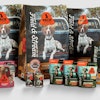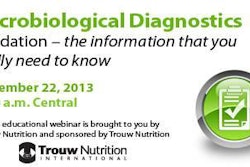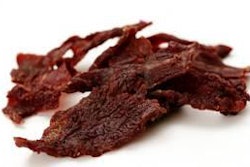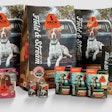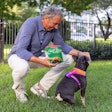A new study from the US Food and Drug Administration (FDA) found that compared to other types of petfood tested, raw petfood was more likely to be contaminated with disease-causing bacteria. As a result, FDA is warning pet owners who feed pets a raw diet that they may be at a greater risk for infections from Salmonella and Listeria monocytogenes.
The warning to pet owners comes after FDA's Center for Veterinary Medicine (CVM) screened more than 1,000 samples of petfood for foodborne illness-causing bacteria in the two-year study.
The study involved more samplings from 196 commercial raw dog and cat food brands. CVM says it purchased a variety of raw petfood online from different manufacturers and had the products shipped directly to six laboratories for analysis. According to FDA, the raw petfood products were mostly frozen in tube-like packages and made from ground meat or sausage.
Of the samples analyzed, 15 tested positive for Salmonella and 32 tested positive for Listeria.
The study "identified a potential health risk for the pets eating the raw food, and for the owners handling the product," said Dr. Renate Reimschuessel, a researcher at CVM's Office of Research and one of the study's principal investigators.
FDA says the best way for pet owners to prevent infection is to avoid feeding pets a raw diet. More information on the study, including tips for pet owners to prevent infection from foodborne illness, is available on FDA's website.

